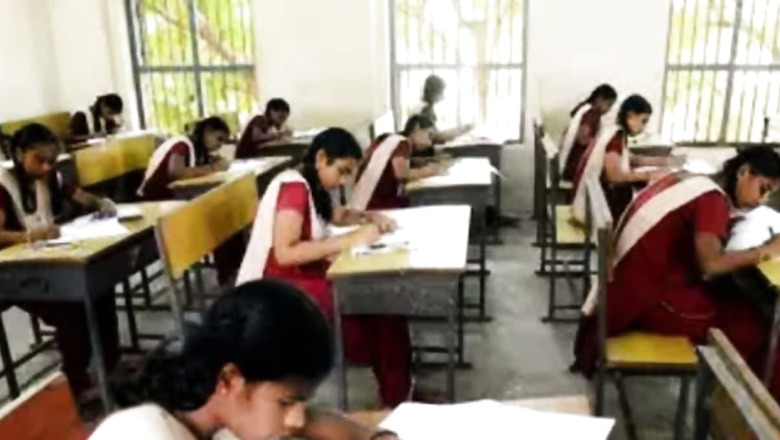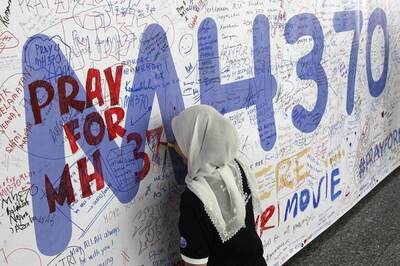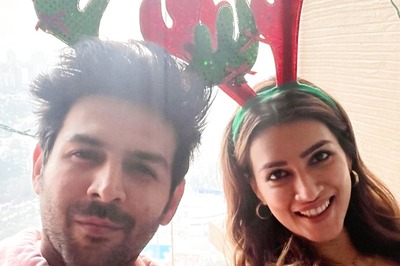
views
Nationwide entrance exams such as the JEE highlight the intricate contradictions within the Tamil Nadu education system. Many students from socially and educationally backward regions like Telangana, Rajasthan, Gujarat, and Uttar Pradesh successfully pass these exams and secure admission in central government institutions, despite Tamil Nadu being perceived as more advanced in these aspects.
Around 97.2% of the 14-18 age group in Tamil Nadu have been effectively enrolled in the education system, as per reports. However, the success rate of Tamil Nadu students in national-level entrance exams such as NEET and JEE is not satisfactory. Particularly concerning is the situation of government school students in rural areas.
Tamil Nadu has 37,431 government schools, with 3,054 of them serving as secondary schools offering Class 12 subjects. Nearly 68% of these secondary schools (2,083) are situated in Village Panchayats. There are 503 schools in Municipalities, 248 schools in Municipalities, 25 schools in Chennai Corporation, and 1,219 Government Higher Secondary Schools in other Municipalities. Consequently, the majority of government school students are encountering the 12th standard exam at the village panchayat level.
Likewise, 43.5% of primary school students in Tamil Nadu, 57.5% of students under 14 years old, 61.9% of high school students up to class 10, and 61.7% of high school students up to class 12 are enrolled in government schools. This indicates a growing reliance on government schools among students and parents following primary education.
Particularly, this trend is increasingly noticeable among Adhi Dravida and tribal students. For instance, as per reports over 70% of Adi Dravidian students in Classes 8, 10 and 12 attend government schools, and over 50% of backwards-class students are enrolled in government schools.
In Tamil Nadu, 75.23% of parents without formal education choose to enrol their children in government schools, while 15.36% opt for private schools. Conversely, among parents with a graduate or higher education level, 57.46% prefer private schools, with only 17% selecting government schools for their children.
Families with a long history of literacy often utilise Taniyakar schools to pass down their cultural and educational resources to successive generations. However, the data above underscore that illiterate individuals do not benefit from such cultural capital, as evidenced by their lower preference for private education.
In Tamil Nadu, approximately 10 lakh students graduate from Class 12 annually. However, less than 150 of these students secure admission to engineering courses in prestigious central government institutes. Moreover, only a small fraction of these admitted students come from government schools.

















Comments
0 comment